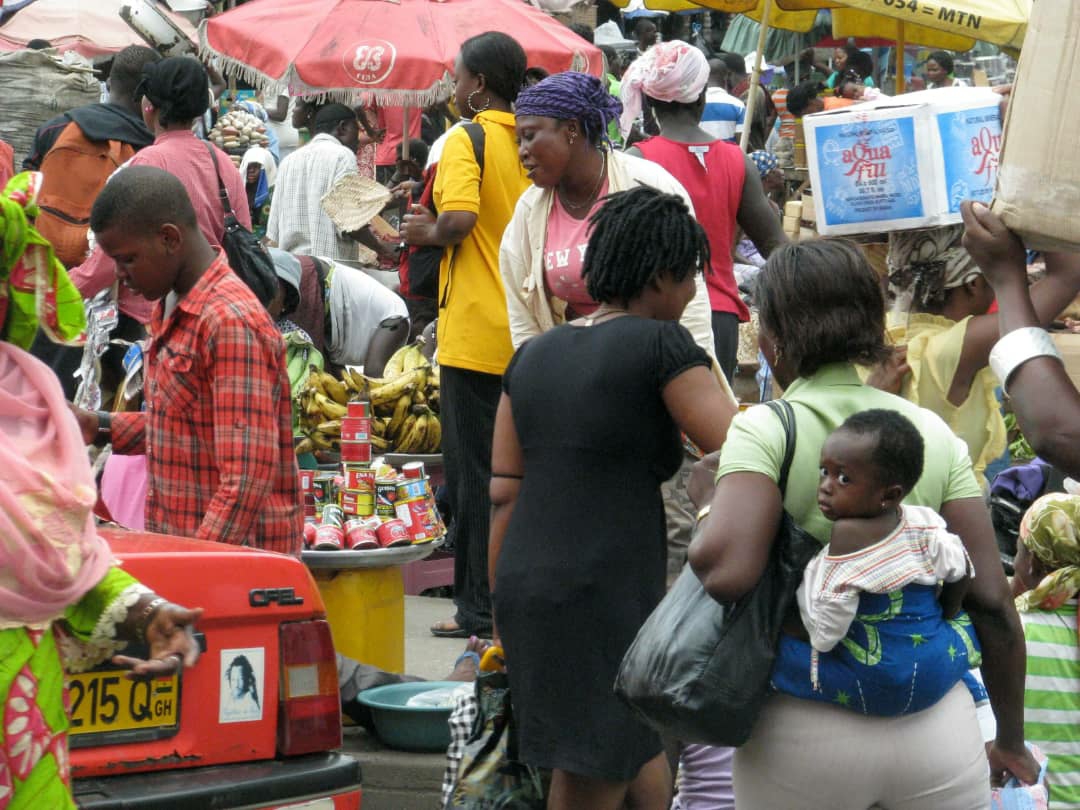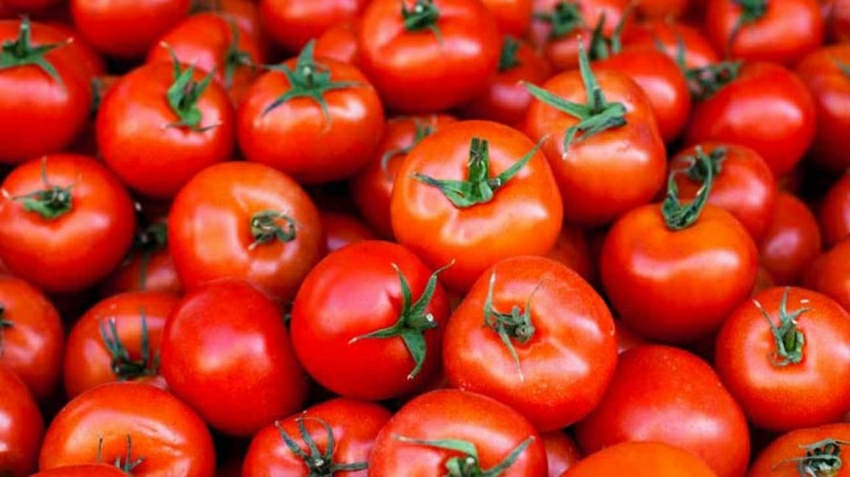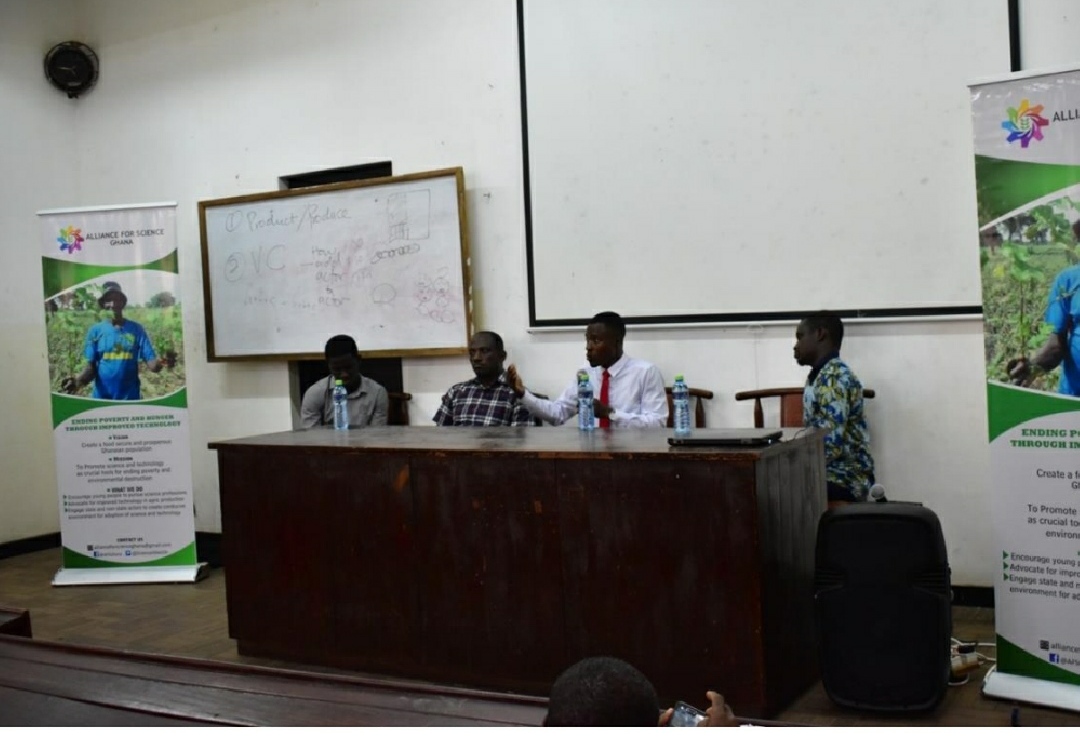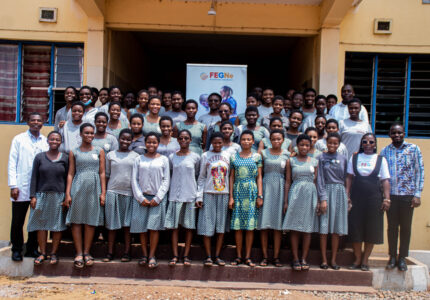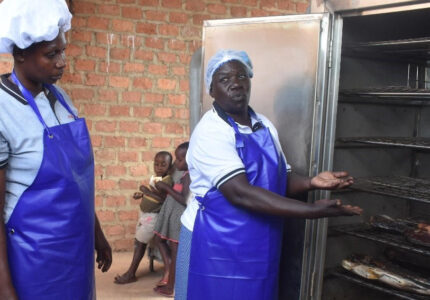The Minister of Food and Agriculture, Dr. Owusu Afriyie Akoto after several calls by Ghanaians to address concerns on food security has released a statement directing distribution and marketing of food items during the period of restriction.
On Friday 27th March, the president Nana Addo Dankwa Akufo-Addo announced a two-week partial lockdown to take place in some major cities in the country which included Kumasi and Accra.
The directive targeted a reduction of spread of the COVID-19 from identified hotspots to other areas. Movements to, from and within these areas have been restricted, allowing only essential service providers, some selected services and people who work along the food value chain to operate freely.
The insurgence of the pandemic had caused a rise in food prices on the market with many predicting doom for food security and sustainability. An earlier statement by civil society group Alliance for Science Ghana urged the Ministry of Food and Agriculture to come up with a “COVID-19 Emergency Food Security Preparedness Plan” to ensure food security as the Corona virus spreads. It said “… Markets have recorded higher numbers of people. Unscrupulous traders have unfortunately taken advantage of the situation and increased the prices of some food items like cereals, vegetables, tuber crops, fruits, and eggs…the situation will only get worse if the situation persists.”
The minister’s statement appealed to the general public to remain calm “as there is enough food in the system and the restrictions will not affect food availability and distribution”. It also cautioned traders to refrain from unnecessary increase of food items and advised against stockpiling of food. “There is no need for anybody to stockpile food in the house as marketing of food items are to continue uninterrupted” it reads.
However some persons have expressed concern that the statement does not provide detailed information on how food supply will be maintained nor measures to control market prices.
In another joint statement released by the United Nations Food and Agriculture Organisation (FAO), Food and Trade Organisation (FTO) and World Health Organisation last week, it mentioned that “Uncertainty about food availability can spark a wave of export restrictions, creating a shortage on the global market. Such reactions can alter the balance between food supply and demand, resulting in price spikes and increased price volatility”.
Entrepreneur and manager of an Accra based food delivery company, EuMi Foods, Rosemary Anane, suggested that a body should be set to check food pricing. Rosemary also encouraged that market women should be educated to refrain from increasing their prices. She said “The ministry could do more to check this situation because it’s not been easy for my business. As it stands now, I hardly get all I want from the market and those I’m lucky to have are expensive, so to break even, I have to increase prices on my menu”.
A study by Love For Science revealed that drivers of vehicles that transport food items in the country encounter unnecessary delay at checkpoints and mounted security barriers creating a huge inconvenience for them. Food produce that took a day to be transported from the northern part of the country to its southern area now takes a week to do so.
This has contributed to perishing of perishables aside increase in their prices. For example, a sack of groundnut which used to sell at GHS 800 now sells at GHS 840 making retailers pay more.
The Minister’s statement also mentioned that the government is making a financial package available to support the ministry’s operations in ensuring food availability. However, some farmers believe their exclusion in further decision making on food issues will yield to nothing.
Rice and soyabean farmer, Yawba Yenzem Thomas from Chereponi in the north east region of Ghana believes farmers’ contribution to decisions made by the ministry is worth considering. He opined that trust in these times is critical in achieving successful implementations. “We know what we go through in our daily activities and we also know what affects our work. Any financial package made available to help our work should be well communicated to us”.
Iddi Sulemana, a vegetable farmer from Yapei in the savanna region added that “It is important that the government engage farmers in decisions and plans in these trying times to ensure we remain food secure”. He pointed that most farmers are willing to farm on a large scale and also adopt mixed farming but lack the funding. He urged the government to assist them now with inputs and needed materials to enable them produce more in the coming months.
Richmond Frimpong, President for the Ghana Agricultural and Rural Development Journalists Association, GARDJA also urged the ministry to make known locations for reserved and preserved food. “With claims that we have sufficient food, can the ministry tell us the tonnage of maize, rice, beans or tubers of yam we have at the moment?. I think that will help in future conversations” he concluded.
By: Dennis Baffour-Awuah

